Welcome to the second part of my “Meet Some International History Master’s Students” blog. If you haven’t read part 1 already, go check it out here! Here are some more insights from my peers in the Department of International History at the London School of Economics on their experiences of studying in London during a pandemic, what they’ve learned from the first semester, and their interesting and diverse backgrounds.
Name: Abby Perelman
Degree: MSc Empires, Colonialism, and Globalisation
Age: 27
Hometown: New York City, USA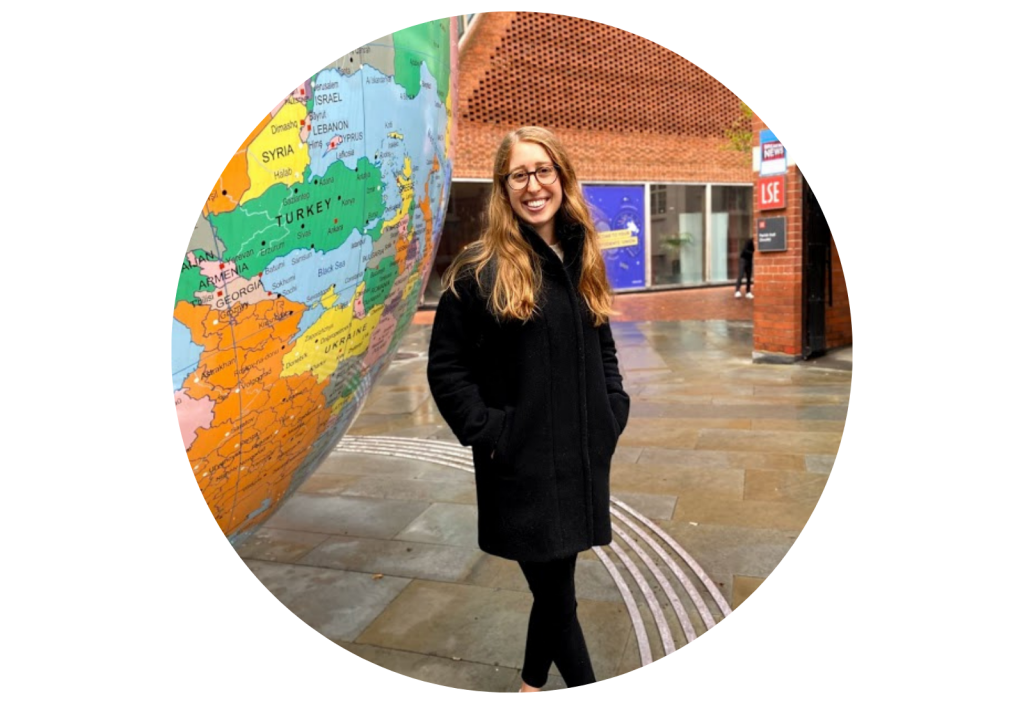
Why did you choose LSE?
I chose LSE because I was impressed with the MSc in Empires, Colonialism, and Globalisation’s emphasis on non-European history. I also wanted to be part of a community of intellectually curious people.
What did you do before you started your master’s?
I worked as a middle and high school history teacher.
How has your experience been so far?
I’ve had a fantastic experience so far. I’ve been lucky to be surrounded by brilliant, thoughtful, kind, hardworking classmates, as well as knowledgeable, passionate, caring professors.
What’s been the hardest thing you’ve experienced so far, and how have you overcome these difficulties?
Adjusting to the UK education system has been a bit difficult. There is a lot of ‘lingo’ that is different from the US. The grading and assessment systems also look a bit different from what I was used to in the US. I’ve dealt with this by asking my classmates and professors about how the system works. It is also really helpful that we have ungraded ‘formative’ essays to practice writing in the style that LSE prefers.
How has the pandemic affected your experience as a master’s student at LSE?
The pandemic has obviously meant that I am not having a ‘traditional’ experience. Some of my classes are online, but some are in person. However, I still feel like I am receiving a very high-quality education, and that the LSE professors and administrators are doing a good job of adapting to these challenging times.
Do you have any advice for future LSE master’s students?
Reach out to your classmates and professors early on and get to know them
Name: Marcus Andreopoulos
Degree: MSc in History of International Relations
Age: 22
Hometown: London, U.K.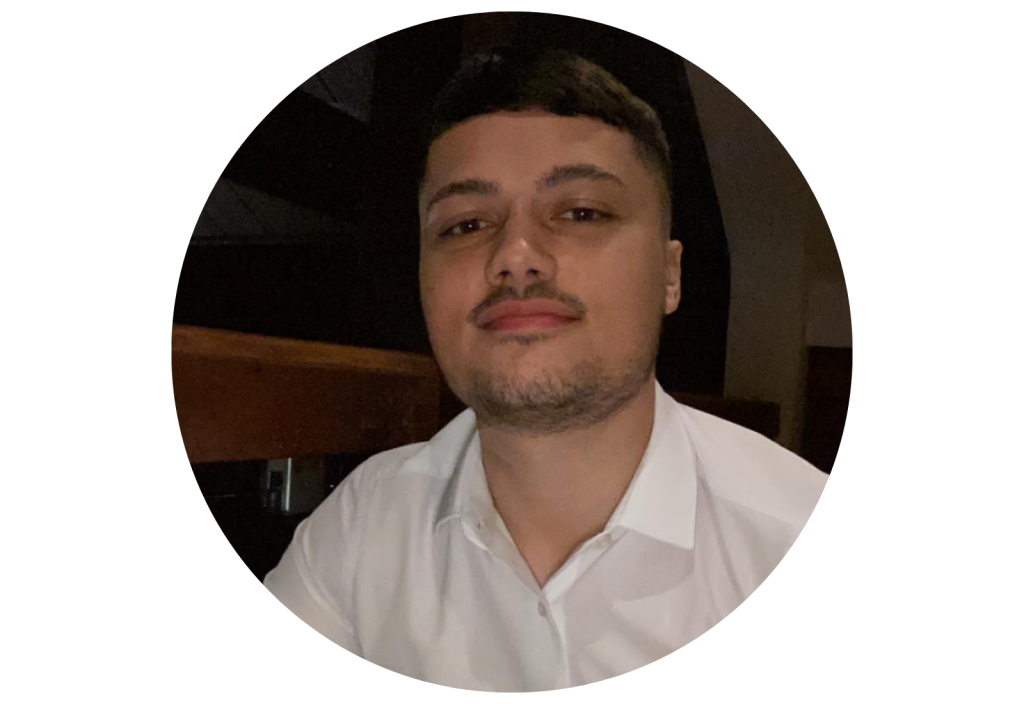
Why did you choose LSE?
The overall quality of the teaching, the university’s reputation and the fact I could stay at home in London were all major factors in deciding to apply for LSE.
What are you looking forward to doing in your studies?
I’m looking forward to doing archival research for my dissertation as that was one of the most enjoyable parts of my studies in Kent, other than that I’m looking forward to actually getting back into classrooms instead of staying online for lessons!
What’s your favourite course?
HY435 Political Islam has to be my favourite course at the moment. It’s a course that covers periods and parts of the world that I’ve never looked at before and you can really see the real life application in the content that you’re learning.
What’s it like living in London? Where’s your favourite place to eat/visit?
I’ve lived in London my whole life so it’s nice to be back studying here after 3 years away. My favourite place to be is Chelsea to be honest, a large part of that is down to going to the football but the area is also great for food and drink when there isn’t a game on!
If you’ve come straight from undergrad, how have you found the transition to master’s?
It’s a lot more work but it’s a manageable difference. It’s hard to determine what’s different because it’s a master’s and what’s different because of the pandemic. It probably wouldn’t feel as intense if we hadn’t spent a month in lockdown with nothing to do except uni work.
Name: Nicole Walker
Degree: MSc Theory and History of International Relations
Age: 24
Hometown: London, U.K.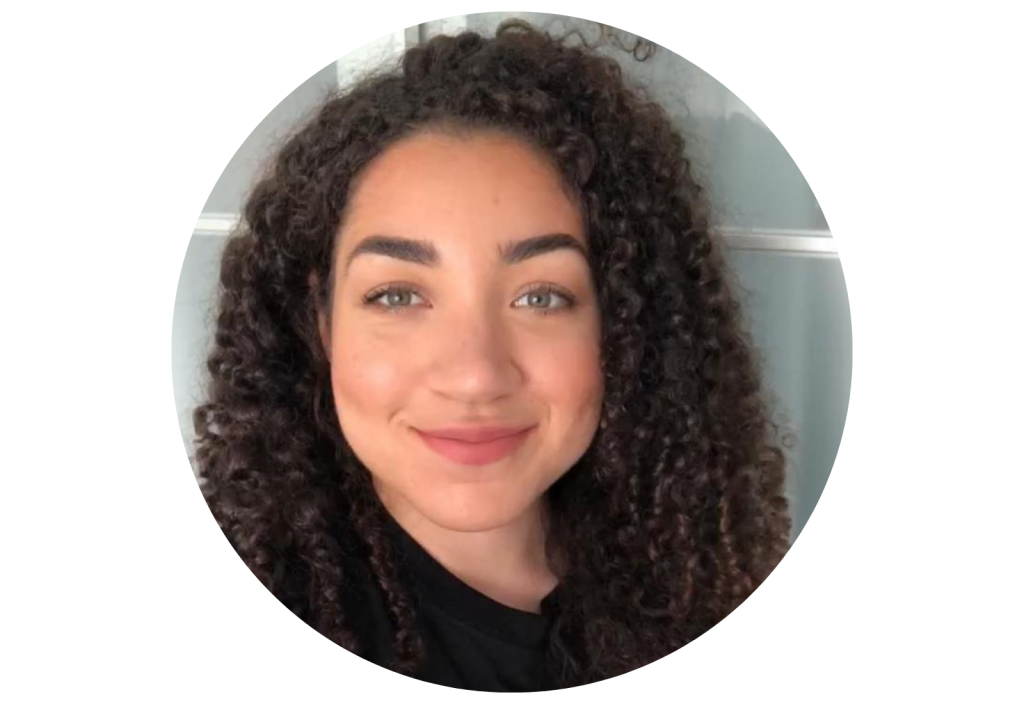
Why did you choose LSE?
I did history for my undergrad but ended up studying a lot of British history. I decided that for my master’s I wanted to study international history to move away from the British history focus. I also wanted to branch out from history a little and study some international relations. LSE is renowned in both fields so I applied and luckily got in.
What did you do before you started your master’s?
I graduated with my BA in 2018. I did a history degree but decided that I wanted to go into commercial law. I completed the Graduate Diploma in Law (GDL) in 2019 then did a three month legal internship in New York towards the end of the same year. When I got back to the UK I did some paralegalling until the pandemic hit, followed by a vacation scheme in the summer just before starting my master’s.
What’s your favourite course(s)?
I’m enjoying all of my modules but my favourite is ‘European Empires During the Second World War’ (HY471). It offers a global perspective on the Second World War, different to the Eurocentric perspective typically taught at school. We’re also able to discuss some really interesting sources, particularly primary sources, which facilitate engaging discussions. I have learnt things I never would have otherwise been aware of.
Do you have any advice for future LSE master’s students?
Make the most of the resources available to you. For instance, LSE LIFE runs some useful workshops on reading and writing essays which are great for a refresher if there’s a gap between your undergraduate and master’s degrees.
If you’ve had some time out of academia in between your undergrad and master’s, how have you found the jump back into studies?
Getting back into academia was definitely a learning curve; I had forgotten how time consuming reading was! After a few weeks I was back into it, though. Despite that, I’m enjoying the academic side more than my undergrad. I think it’s largely because I’m doing a master’s because I want to do it, rather than because I have to do it. Because of that I am doing modules and readings that I am genuinely interested in. I have also been able to employ what I was doing well by the end of my degree, like writing critically, analysing sources and knowing how to navigate a heavy reading list so I am more time efficient than I was during my undergrad.
Name: Xenofon Kalogeropoulos
Degree: MSc Empires, Colonialism, and Globalisation
Age: 22
Hometown: Athens, Greece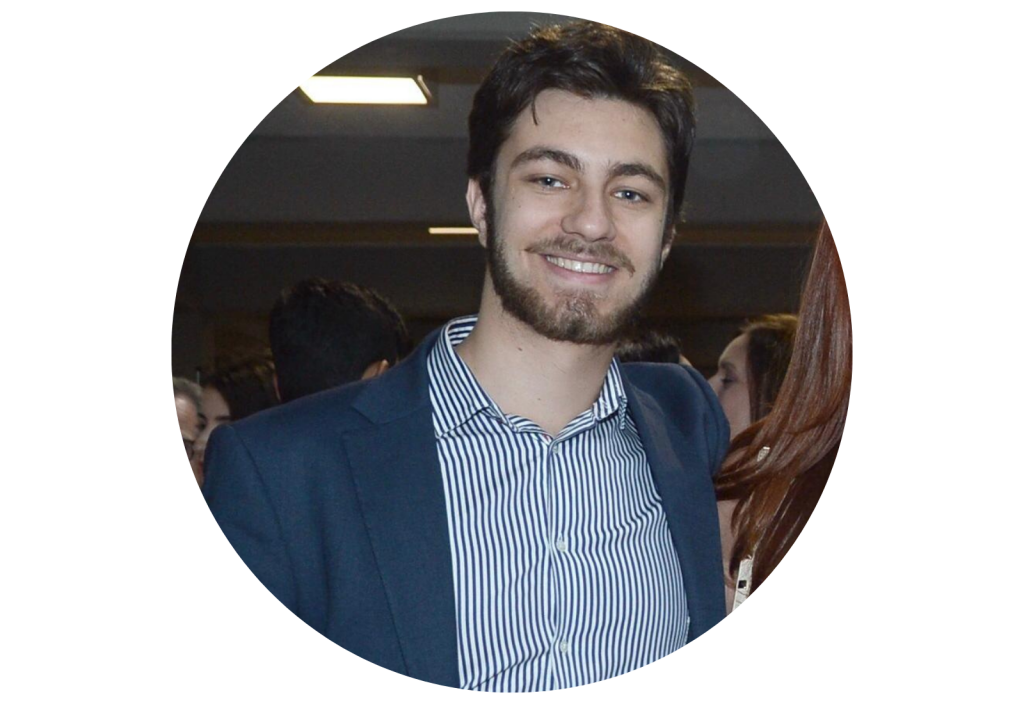
Why did you choose LSE?
I had initially chosen LSE to do a postgraduate degree in International Relations, seeing as it is one of the best universities for IR studies, but I soon switched degrees back to History, in this case, International History.
What did you do before you started your master’s?
I was doing my undergraduate degree on Ancient History and History, at the University of Leicester.
Do you have any advice for future LSE master’s students?
If you realise you don’t like the Masters programme you are in (as I sadly did, with IR), talk to your personal tutor, and don’t see dropping out as the first option; check out the other programmes LSE offers and see if there’s anything you like there. The degree transfer process is a very simple and smooth one.
What can you say about your academic growth at LSE?
It is certainly a new challenge, and most times I’d say a welcome one. The way History is taught and assessed at LSE pushes me to rethink my approach to the discipline and re-evaluate myself on a postgraduate level. So, though it is early, I’d say there definitely will be some academic growth.
What were the most important factors influencing your decision to come to LSE?
Its ranking as a university on the world stage, the fact that it was in Britain (as in, in Europe, relatively close to my home country of Greece, and employing teaching methods that I’m already familiar with from my undergrad also in the UK), and the hope that at LSE I would be able to make very helpful acquaintances and connections that would assist me both in my academic and professional growth.
Something that struck me about the answers from all these students was the diversity of their backgrounds and life experiences, their global outlook and specialities, and their purposes for studying at LSE. What ties these master’s students together is their passion for their subjects and their optimism and pragmatism, despite the difficult circumstances. It gave me an enormous sense of belonging and comfort to know that we are united in our experience, not only of the pandemic but more generally as postgraduate students as well!



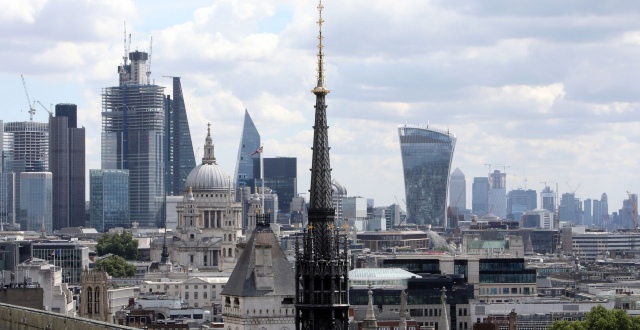
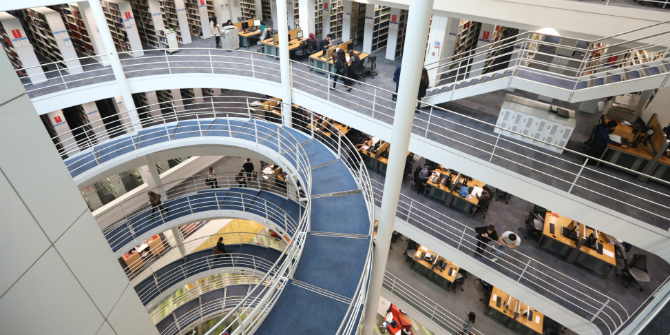

Very interesting. Can you do the same with tutors/professors?